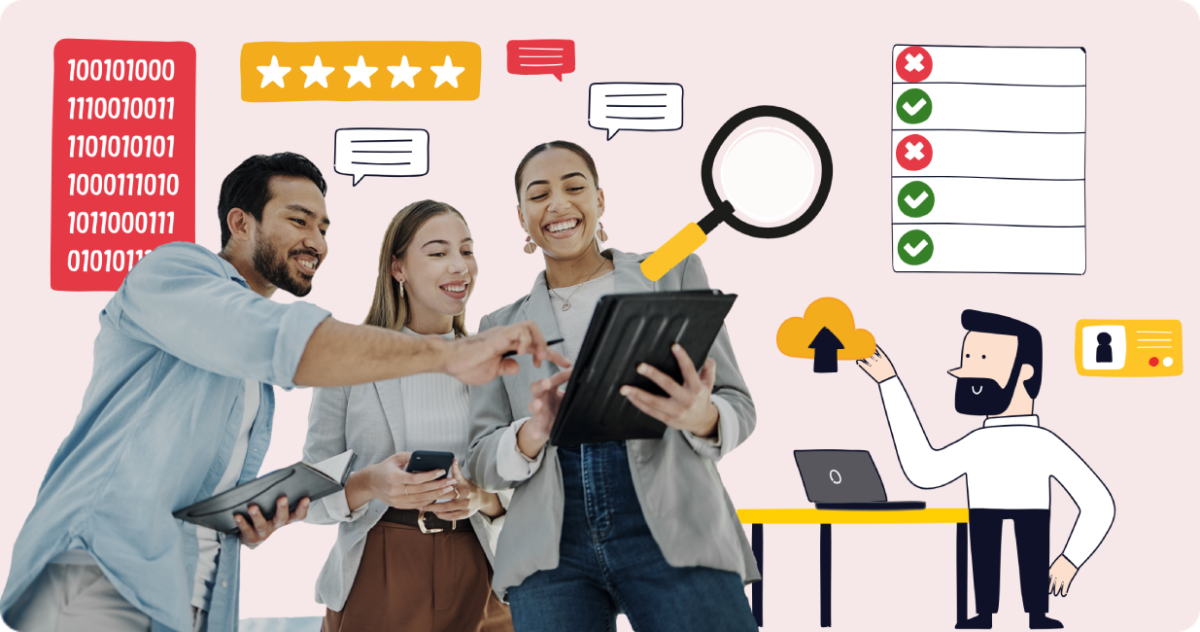By Anita Gallagher
Training Lead at HIPGive
So much of the culture around us today is about looking ahead, pushing forward and thinking big. This is especially true in the workplace: by mid December you’ve probably already written your 2024 work plan, or at least taken part in the planning process. The goals are big and down on paper, and now it’s just about pinning down the strategies, working out how you’ll actually get there.
This time of year, however, reminds me of the famous phrase written by the Danish philosopher Søren Kierkegaard, “life can only be understood backwards; but it must be lived forwards.”
Perhaps you’ve heard it before? When I first heard it in my college years, I was happy to focus on the second part, naively interpreting it as a call to live a full life, to trust in instincts, believing we’re fated to live as best we can with incomplete understanding in the moment we’re in. Today, with a few more decades of life experience behind me, I see it rather differently. I see an enormous opportunity to look back before we move forwards. To benefit from hindsight to inform how we choose to advance.
If you’ve ever taken part in a HIPGive crowdfunding training, then you’ll realize that this is the same principle underlying step 6 of our six-step process, “Evaluation and learning”. A fundraising campaign isn’t really truly over until you’ve compiled the results and analyzed what worked, and what didn’t! Indeed, the most valuable part of any campaign, second only to the funds raised, is the learning process itself and the insights that will help you achieve even more in your next campaign.
So here’s our challenge for you: make it your New Year’s Resolution to get the team together and spend a few hours really digging into your campaign results and learning from 2023.
What’s the best way to put together an evaluation session? Like any other team meeting you’ll need at least the following:
- A clear purpose. In this case it’s all about generating actionable insights to improve future individual giving campaigns.
- The right people in the room. Organizations learn when people learn, so make sure it’s a participative session.
- Data sources. Make sure you compile and share the campaigns quantitative and qualitative results beforehand, so everybody has the same starting point about the baseline results you achieved.
- Great facilitation. The right prompts for the discussion will encourage enthusiastic participation and more profound, or actionable insights.
If you’re on board and want to make evaluation and learning your first priority next year, save some time by using our new campaign evaluation guide.


